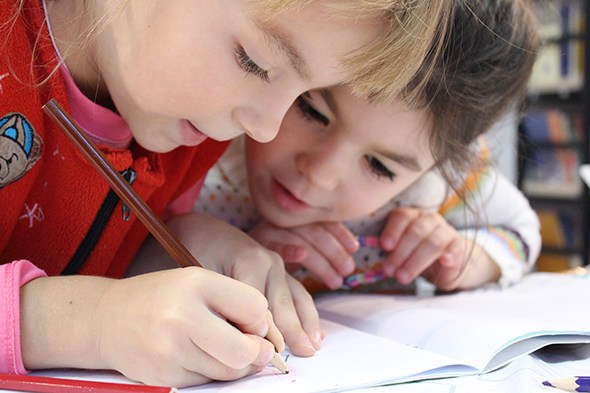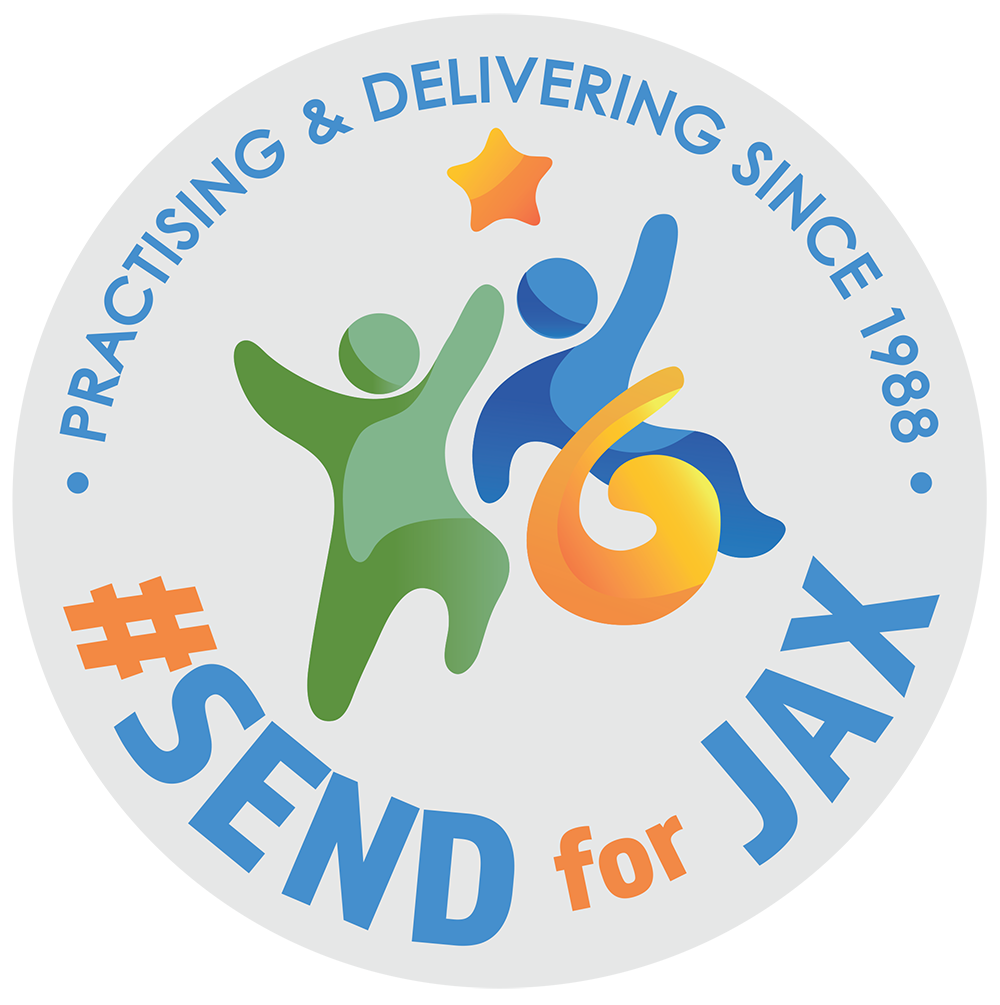Each programme is informed by consultation with your school. For more information see our Consultations page.
 I am committed to improving the quality of children's behaviour in our schools. Behaviour is an OFSTED priority and already 'spot' inspections are happening in schools where this is deemed to be a problem. This adds to the stress of teachers and pupils and so behaviour needs to be addressed long before this is likely to happen.
I am committed to improving the quality of children's behaviour in our schools. Behaviour is an OFSTED priority and already 'spot' inspections are happening in schools where this is deemed to be a problem. This adds to the stress of teachers and pupils and so behaviour needs to be addressed long before this is likely to happen.
There is a misconception still in many schools that bad behaviour is often 'rewarded' at the expense of 'good' children who want to learn. This is sometimes the end product of a lack of understanding in dealing with challenging behaviours. It is not for bad behaviour to be 'rewarded' but for children to learn positive strategies in

managing their own behaviour in a socially acceptable framework. If a child has dyslexia, he or she will be supported in managing their learning; children who are 'difficult' need that support; the concept of 'punishment' means little to a child who is operating outside accepted norms in the school environment.
Many children have additional needs such as ADHD, ASD, Attachment Disorder and MLD. The Code of Practice for SEN stresses the importance of diagnosing underlying causes of SEMH. Some children also exhibit signs of mental trauma and distress even at primary level and I am increasingly finding young children who self-harm and present exceptional behaviours.
After teaching for many years in a pupil referral unit I am very aware of the effects that permanent exclusion can have on a child's emotional health and wellbeing. In some cases this is unavoidable but early intervention can often prevent behaviours escalating, particularly if there are underlying medical conditions which need to be recognised and/ or treated.
